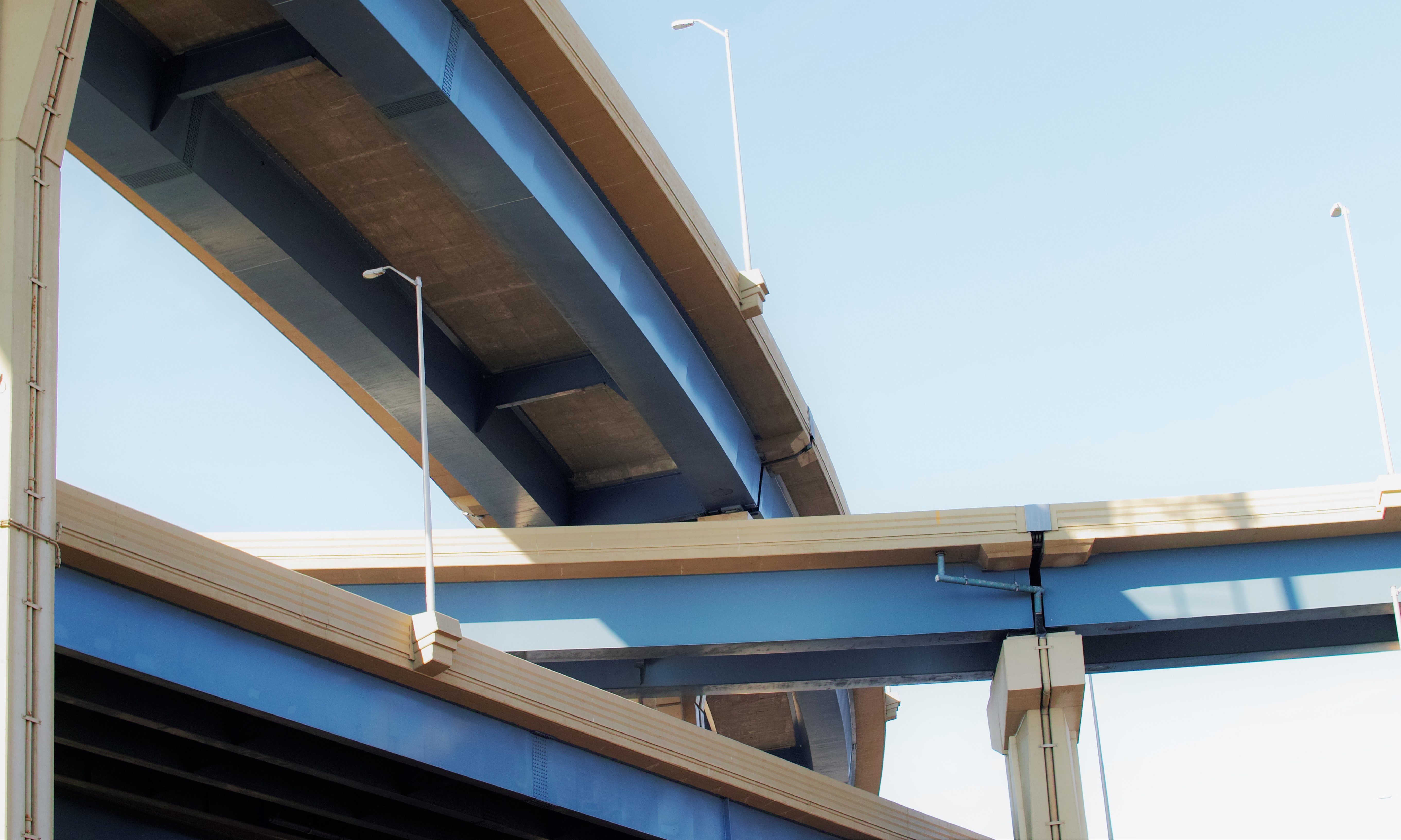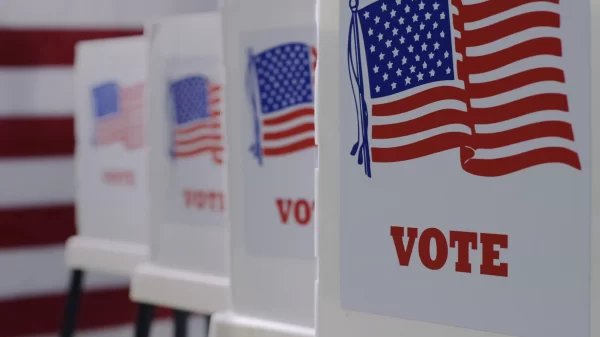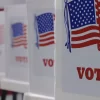|
Getting your Trinity Audio player ready...
|
Almost $2.9 billion in Bipartisan Infrastructure Law funding has been announced and is headed to Alabama with over 90 specific projects identified for funding. Since the Bipartisan Infrastructure Law passed, Alabama is set to receive more than $2.5 billion for transportation to invest in roads, bridges, public transit, ports and airports and over $137 million for clean water.
Officials with the Biden Administration also said more than 280,000 households in Alabama are receiving affordable internet under the law.
In Alabama, there are 620 bridges and over 2,961 miles of highway in poor condition. The Bipartisan Infrastructure Law will rebuild America’s roads and includes the single largest dedicated bridge investment since the construction of the interstate highway system. Based solely on formula funding, Alabama is expected to receive approximately $5.8 billion over five years in federal funding for highways and bridges.
Alabama will receive a minimum allocation of at least $100 million to help ensure high-speed internet coverage across the state. Additionally, experts estimate that as many as 860,000 households in Alabama are eligible for the Affordable Connectivity Program, which cuts internet bills by up to $30 per month, or $75 for households on Tribal lands, and provides a one-time $100 discount off a connected device. The Biden-Harris Administration is providing further cost savings by working with internet providers to offer high-speed internet plans that are fully covered by the Affordable Connectivity Program — meaning most eligible households can now get high-speed internet without paying a dime.
The $137 million investment will go toward replacing lead pipes to ensure water cleanliness and safety.
The law will also fund public transit in the state, with Alabama expected to receive $400 million toward expanding public transportation options.
Under the law, Alabama is expected to receive $79 million in funding for the expansion of electric vehicle charging stations to support a transition to EVs.
The state has already received more than $40 million toward “clean buses,” $62 million for clean energy and energy efficiency efforts, $39.5 million for airport infrastructure, $78.7 million for ports and waterways and more.



















































